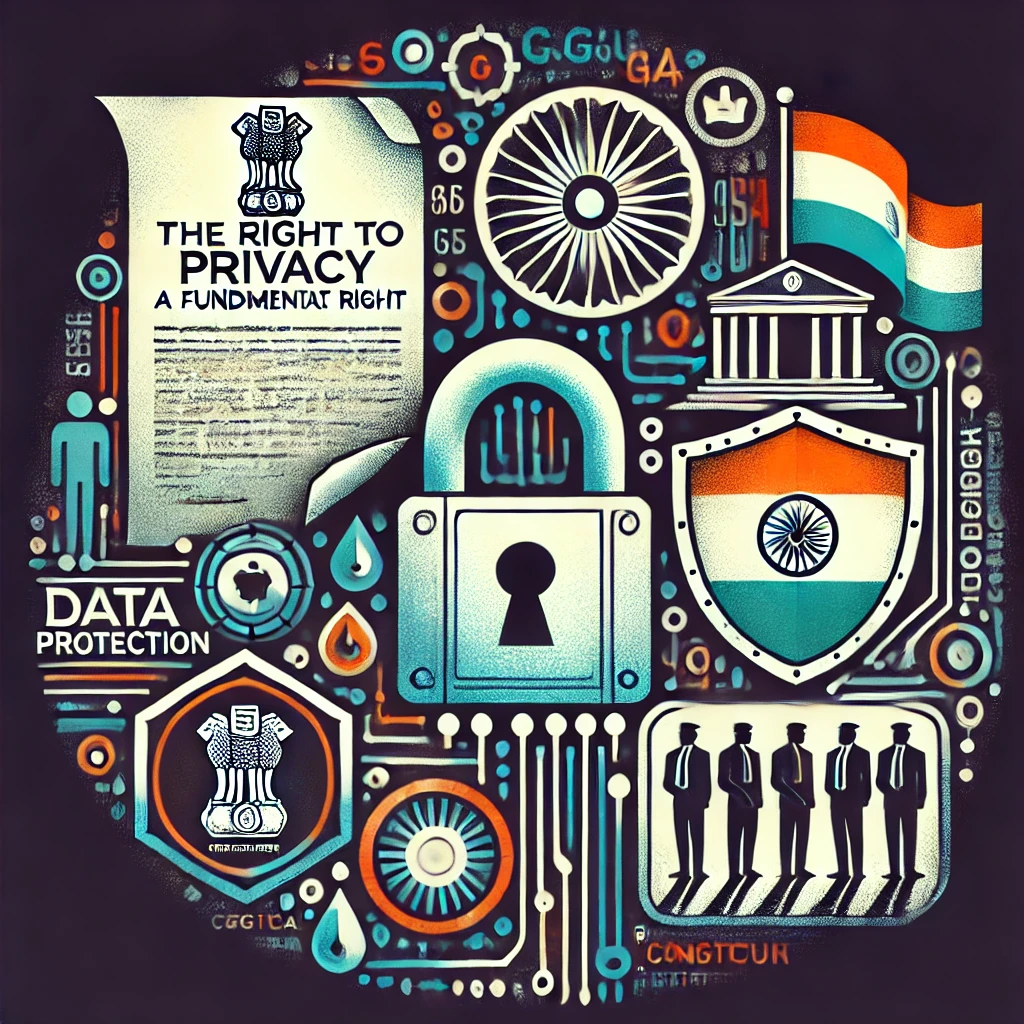
Supreme Court Declares Right to Privacy a Fundamental Right
In a landmark decision, the Supreme Court has reaffirmed that the Right to Privacy is a fundamental right under Articles 14, 19, and 21 of the Indian Constitution. This ruling comes amid growing concerns about data protection, government surveillance, and the security of personal information.
The verdict underscores the importance of privacy in the digital age, where citizens' personal data is increasingly at risk. It sets a strong precedent for future legal battles regarding government surveillance, corporate data collection, and individual privacy rights.
Key Takeaways from the Judgment
• Any violation of privacy must meet three strict conditions: legality, necessity, and proportionality.
• The ruling protects personal data, ensuring that individuals have control over their digital footprint.
• Government surveillance programs must now adhere to stricter legal oversight to prevent unauthorized data collection.
• The verdict directly impacts policies related to Aadhaar, digital transactions, and online privacy.
Implications
• Strengthened Data Protection Laws – The judgment provides a strong foundation for implementing a comprehensive Data Protection Bill.
• Restrictions on Government Surveillance – Authorities must now prove that surveillance measures are legally justified, preventing mass data collection.
• Empowerment of Citizens – Individuals now have legal backing to challenge unauthorized breaches of their personal data.
• Global Legal Alignment – The ruling aligns India’s privacy laws with international human rights standards.
Conclusion
This decision establishes privacy as a fundamental right, reinforcing constitutional protections for digital and personal freedoms. It ensures that individuals maintain control over their data and strengthens legal safeguards against government overreach and corporate misuse of personal information.












comments